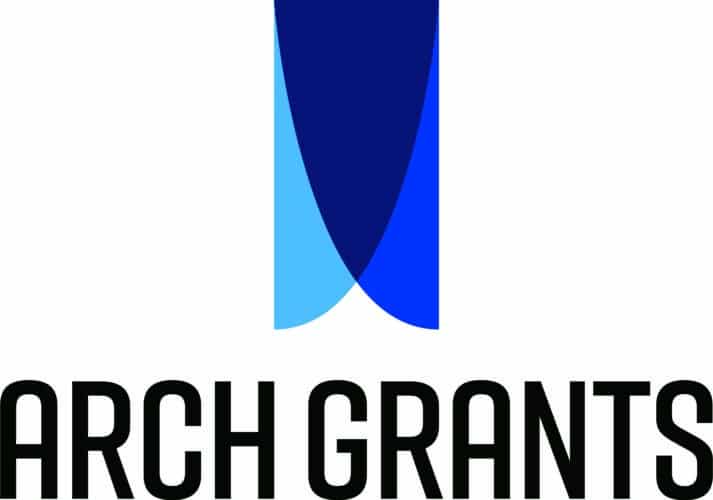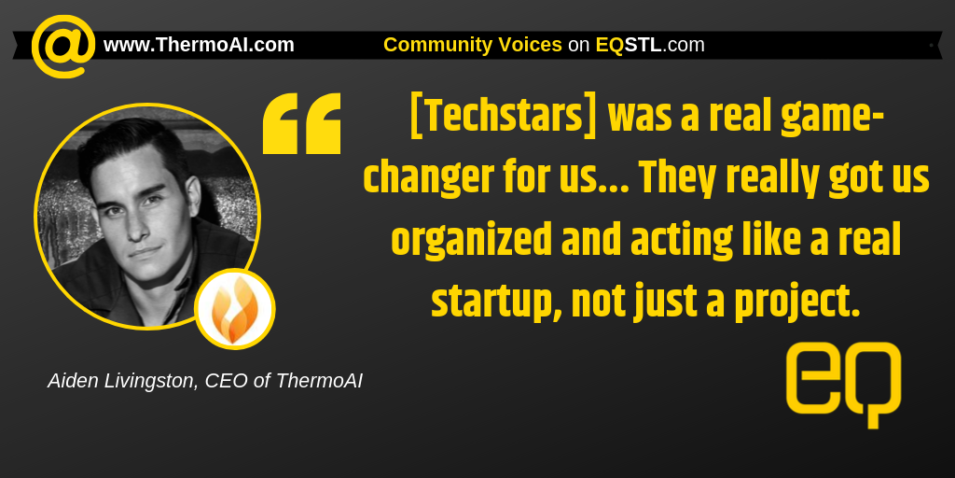
Presented by Arch Grants
This Serial Entrepreneur Still Finds New Ways to Scale Up
Arch Grants Helps Jim Spicuzza, of CrisisGo, Grab VC Attention
Jim Spicuzza knows more than your average entrepreneur about the path to creating a buyout. Back in the days of dial-up before internet startups were even a trend, Spicuzza sold his first business, a content management platform for educators. Shortly after, he started a new venture which further automated processes for school districts. Spicuzza sold that one as well within three years.

With more than twenty years developing technologies for K12 educators, administrators, parents and students, Spicuzza may be the last person you’d think needs advice when it comes to successful entrepreneurship. However, with his latest startup, CrisisGo, a mobile emergency response app inspired by the growing needs for school districts, he knew he was taking on a new set of challenges.
The mobile app is a two-way communication system for anyone responding to a crisis. It gives the ability to both actively communicate with everyone involved as well as set in motion crisis protocols—which are usually found tucked away in a three-ring binder.
The idea was developed out of a series of unfortunate incidents on school grounds that involve an active shooter. For the first ten minutes, the only people who can deal with the crisis situation are inside the building.
CrisisGo offers a way to inform educators, parents, students, administrators and responders at the same time. With a technology platform this powerful, Spicuzza knew he had a product that needed to scale quickly.
“In the past, I was able to set up a business and fund it through bootstrapping,” says Spicuzza. “When you self-fund an idea, the business just grows slower, and with our CrisisGo offering, I wanted to be able to attract outside funding. While I knew we were building something for K12, CrisisGo would be a great fit for governments or business workplaces.”

This need for greater investment became more clear to Spicuzza by 2014. CrisisGo had just under 100 school districts signed onto its app, but they knew the next stage of growth required some bold moves. Specifically, a move to St. Louis from their Mount Vernon location in Illinois.
Spicuzza saw the potential with the college-educated graduates, startup community and, specifically, with Arch Grants, the nonprofit organization that accelerates economic development by providing $50,000 equity-free grants and pro bono support services to entrepreneurs who relocate their early-stage businesses to St. Louis. Spicuzza and his team applied for the Global Startup Competition and were rewarded one of the $50,000 grants in spring of 2015.
Since then, CrisisGo has been able to expand to 170 school districts, and most recently signed on Boston Public Schools. According to Spicuzza, the key to this growth was beyond the capital infusion. It was access to new models for business scalability and opportunities to learn about sources of funding.
“They taught me what was important to venture capitalists and how to characterize my business for them,” says Spicuzza. “The program mentors give us the guidance on how to take our small business and put us on a trajectory to be a big business.”











